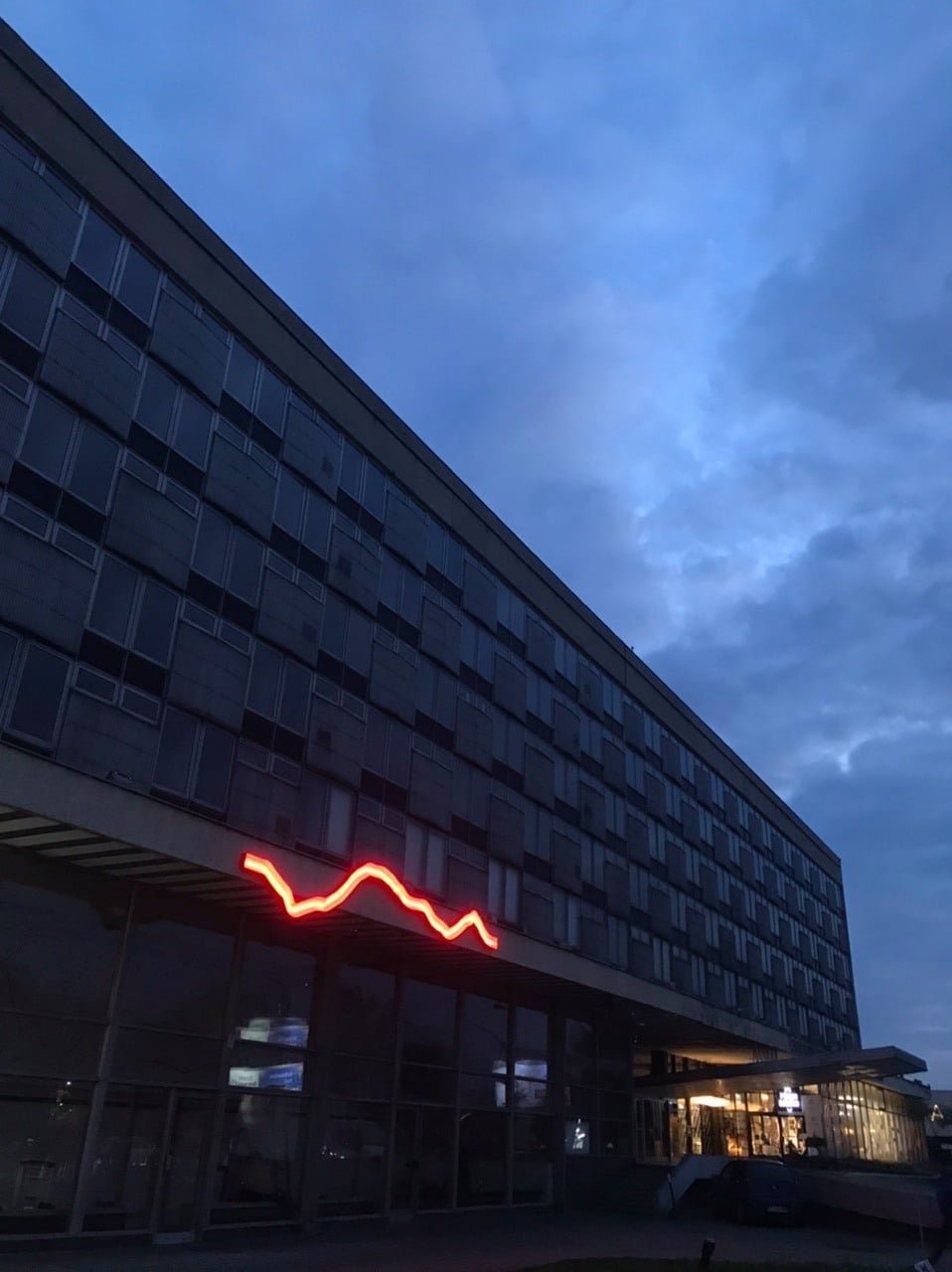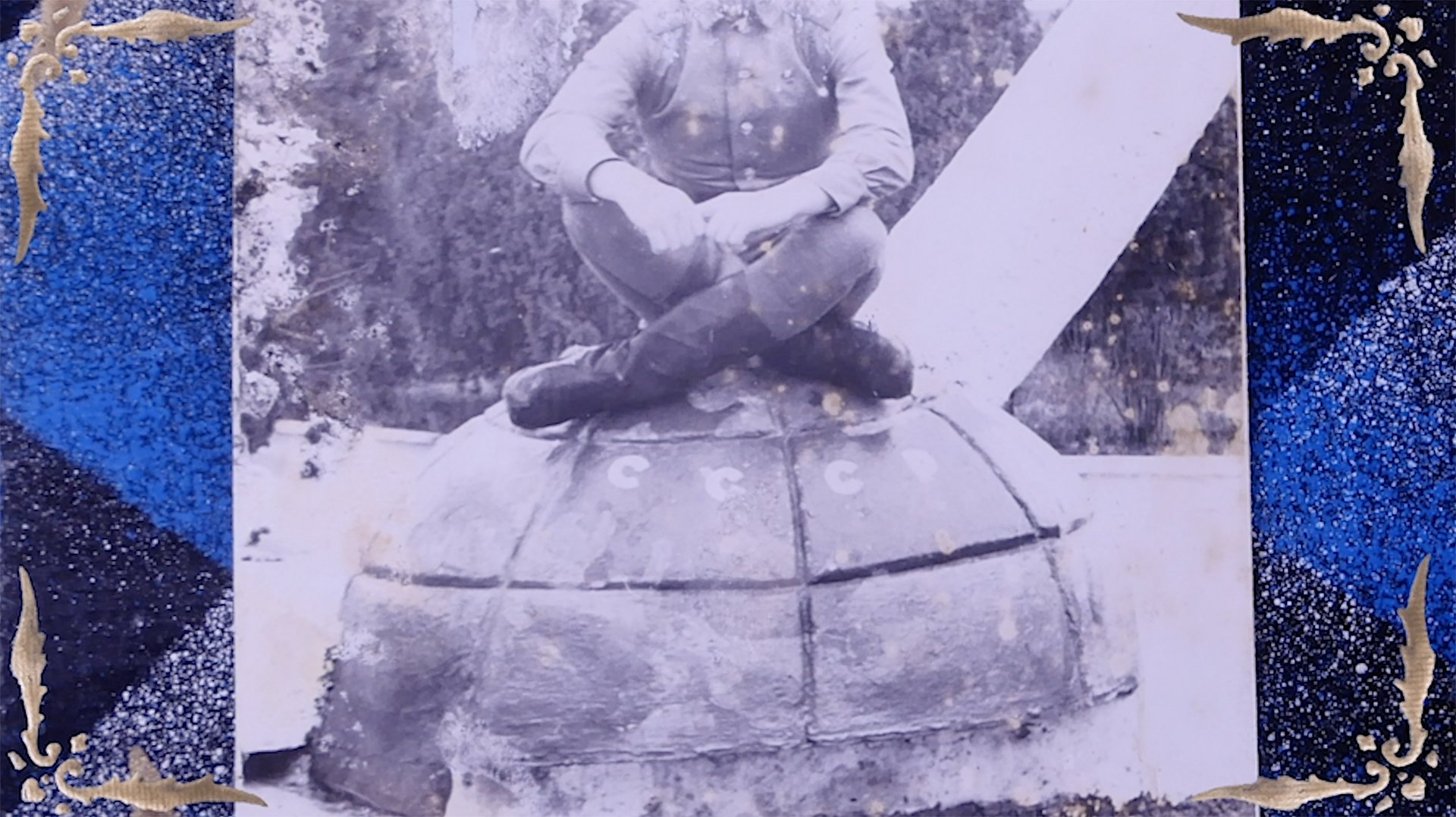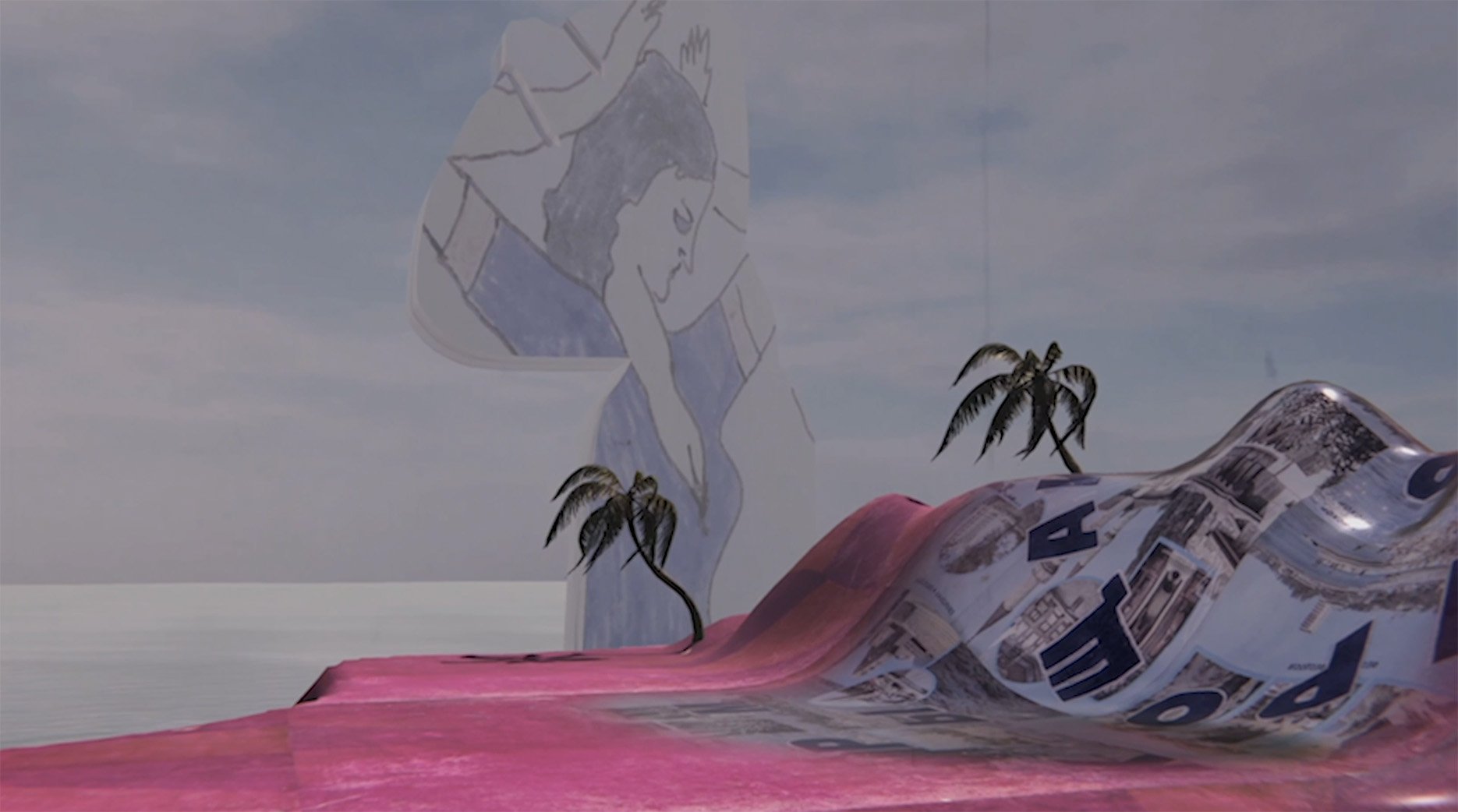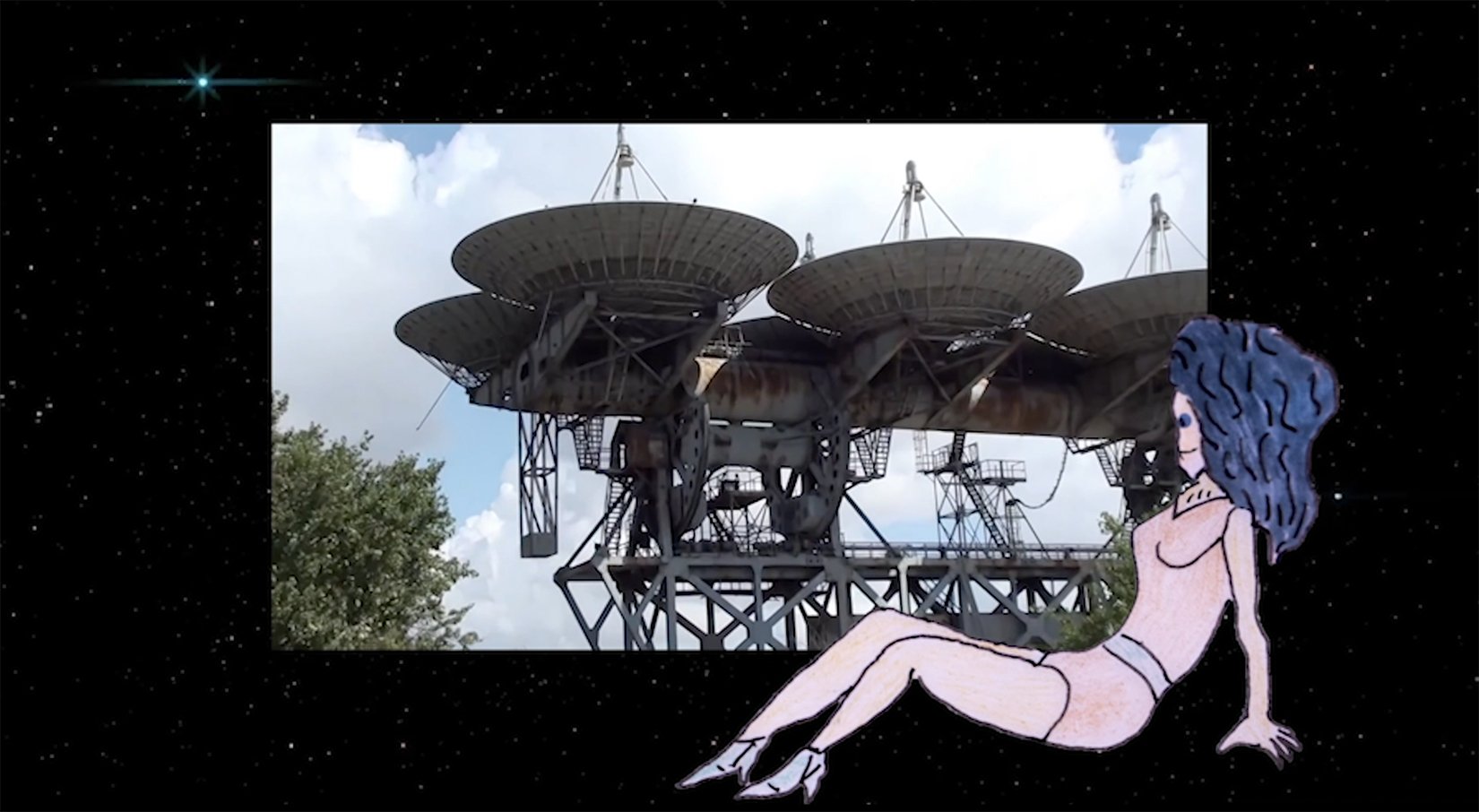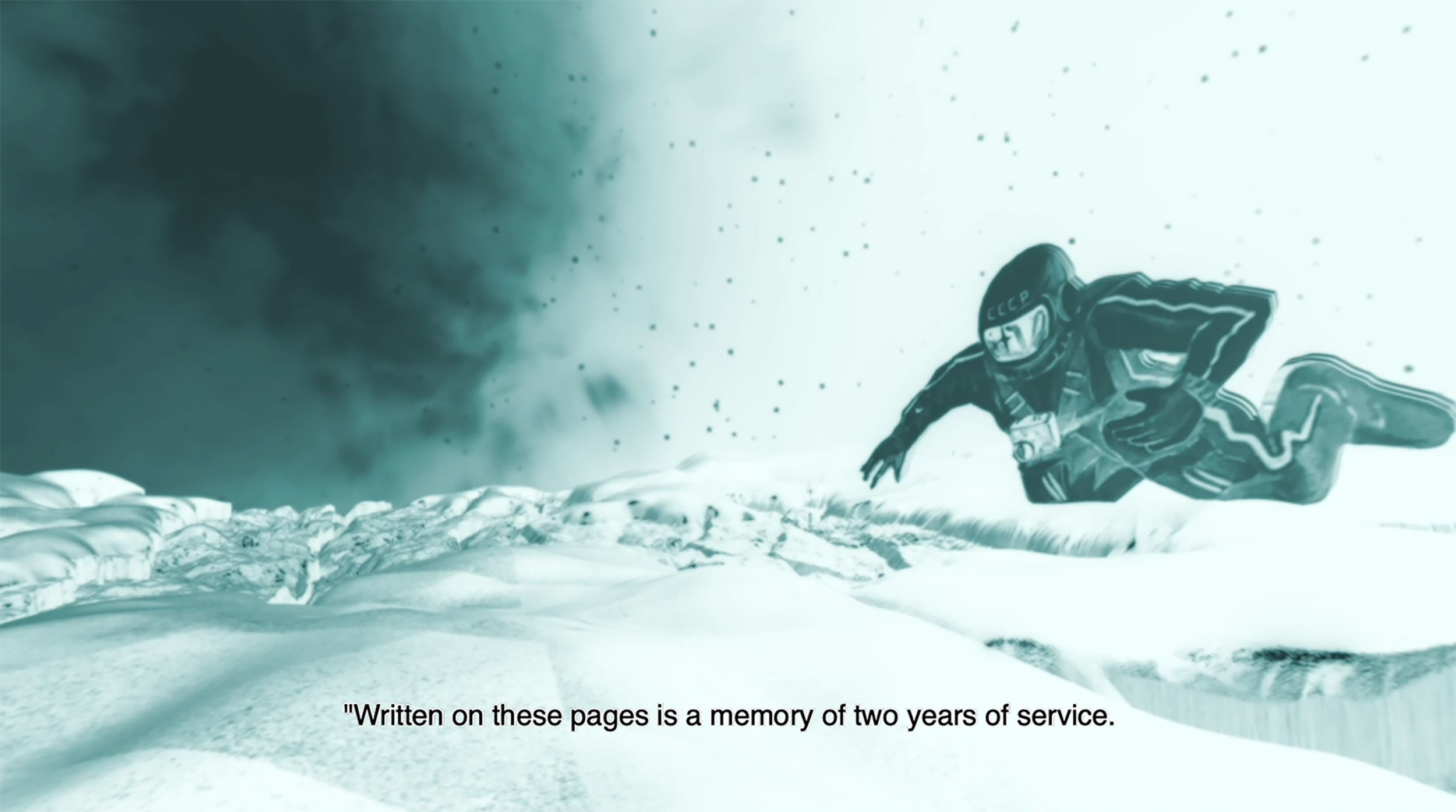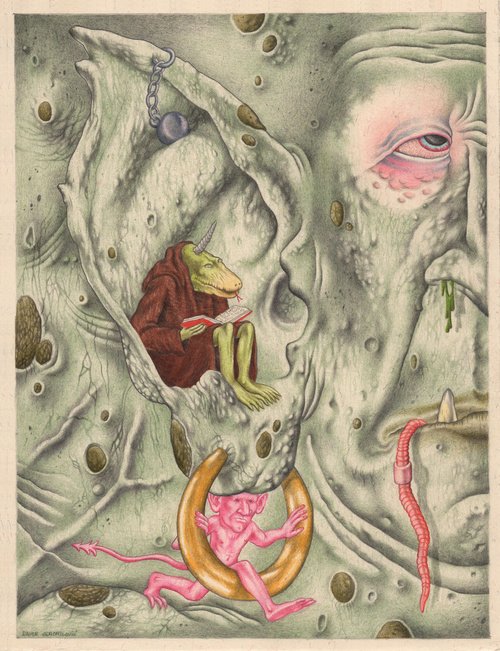The Vistula is burning
21.10-03.11.2020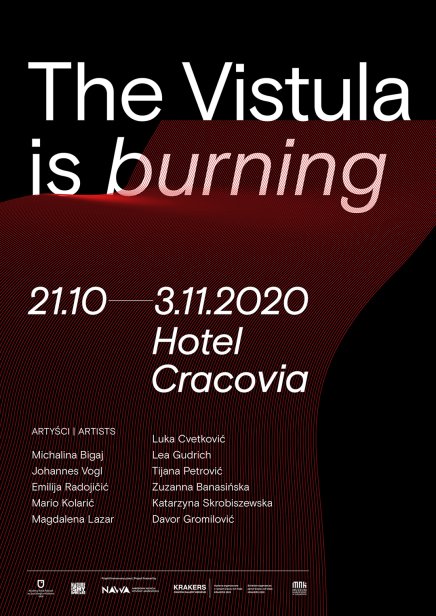
The weather as we know it does not exist anymore so the time of conscious self-enmeshment has come. We reach for the figure of the burning water as something both unusual and stunning; a metaphor of what may happen after the ice sheet melts down, the acidification of oceans rises, soils dry out and following many other signs in the panorama of this beautiful world, which is going extinct before our very eyes but which we still can save before the rivers flame up. The Vistula is Burning is an alarm that tolls the end of the well-known order. We are bringing up the longest Polish river because like Andri Snær Magnason, the author of On Time and Water, we are confident that in order to see a big picture of a problem we need to experience it locally. What is required to ease off "the shock of the future" is think of a strategy of survival for an individual, micro-environments and entire society. Phenomena that are hard to comprehend emerge like viscous hyper-objects.
Although environmental catastrophe gives us sleepless nights we are beginning to have an inkling of the bright side of what may happen after the chaos. The ecological crisis has made its presence in popular awareness felt strongly enough and has become part and parcel of our experience big enough to trigger an unusual reaction of imagination. It has given rise to a narrative style that penetrates language intensely in order to locate cultural references and metaphors for what is impenetrable but real.
For many people, accessible knowledge is till too abstract and distant. We are part of a larger whole and our small decisions are consequential globally. We have a feeling that artistic activity might be helpful in confrontation with this overwhelming and complex knowledge. The artists who have contributed to this exhibition are careful observers of the rapid change. They are pondering on what the weather used to be and what its new version will be. With them we are looking at the burning horizon (Bigaj), feel nostalgia for the ordinary rains of yore (Vogl). Like Timothy Morton we see ourselves, our activities and works as part of nature. We look tenderly at objects, beings, creatures, and beasts (Vogl, Gromilović). Standing in front of the Cities mosaic in an office of the Orbis travel agent at the Cracovia Hotel, we draft our plans for new travels (Radojičić and Kolaric). The performance accompanying the opening of the exhibition (Cvetković) puts us face to face with our uncertainty and ignorance in view of pending threats. Zuza Banasińska is encouraging us to reflect on strategies of annexing lands and information pollution. We are presenting a study of fake news (Skrobiszewska), consumption of non-renewable resources and appropriation of lunar territories (Lazar).
Yet we would hate to develop only catastrophic visions; instead, we are looking for an Ark of today as some non-material, spiritual space that can save life on earth (Gudrich). We are sharing our hopes for a solution to our earthly problems with young people of the past (Banasińska). By looking carefully we discover that the sun is lighter above the horizon (Petrović), and our perception is plastic. A clash of two elements, the burning water in the title of the exhibition may lead to a rebirth.
Artists: Zuza Banasińska, Michalina Bigaj, Luka Cvetković, Davor Gromilović, Lea Gudrich, Magdalena Lazar, Tijana Petrović, Emilija Radojičić i Mario Kolarić, Katarzyna Skrobiszewska, Johannes Vogl.
Curators: Magdalena Lazar, Katarzyna Skrobiszewska
Organised in partnership with the National Museum in Krakow in the former Cracovia Hotel, the exhibition follows up on the Krakow art professors' project "Degree of Non-Cognition". It is part of the “Nature Is My Homeland” project run at the Academy of Fine Arts in Krakow and financed by NAWA. It features works by artists from the project partner countries: Serbia, Germany, Poland and the U.S.A. .
Former Cracovia Hotel
Al. Focha 1